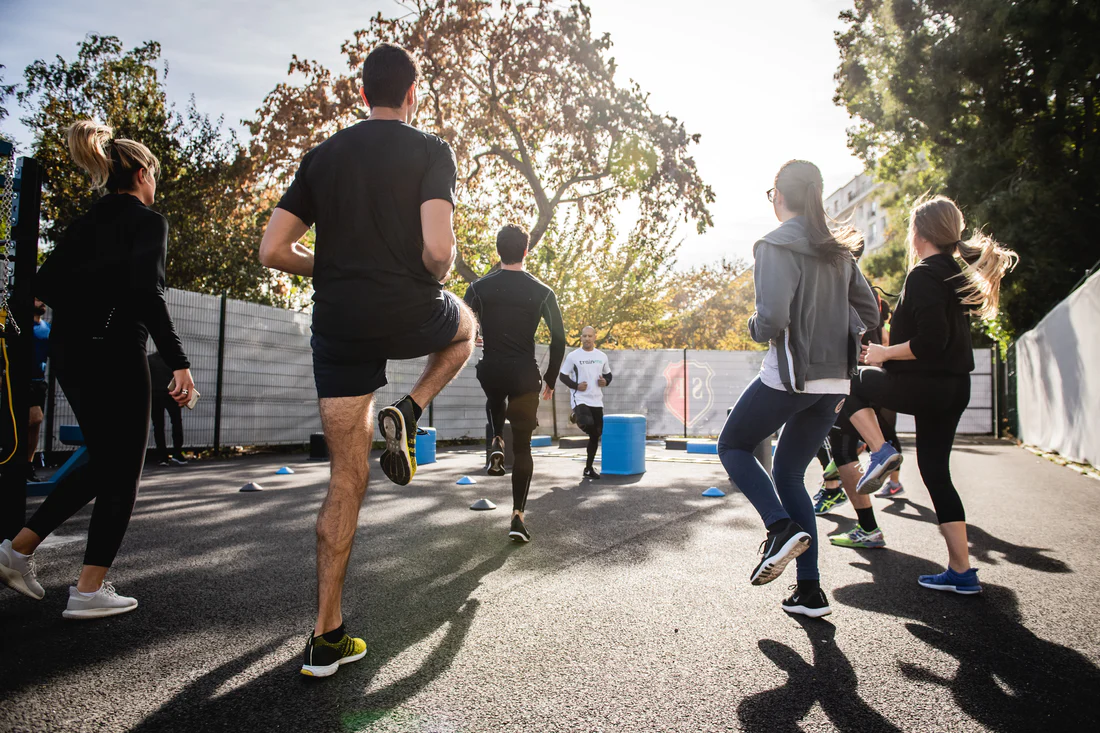Expecting the unexpected is an important part of goal setting. Determining how to Reset, Reframe, and Refocus allows us to make actionable short-term plans toward our goals and not be derailed when life throws a curveball.
As motivated individuals, we sometimes fall into two camps. The macro or those who make big goals and plans with little thought on daily actionable practices, and the micro or those who focus on so many small details without really seeing the big picture.
Action Plans
Plans that specify where, when, and how a goal will be implemented are referred to as action plans. When we compare this to the specifics of a SMART goal, an action plan is short-term and specifies the steps by which the SMART goal can be reached.
One of the simplest ways to determine whether an action plan is appropriate or needs to be modified is by asking yourself how you rate your confidence in being able the achieve the plan on a scale of 10. If it’s lower than 7, a more realistic and feasible plan should be considered.
Similar to mastery goals, action plans need a lot of feedback on whether they were appropriate or not.
Coping Plans
When creating action plans, anticipating barriers and challenges that may interfere with the plans is vital and allows us to troubleshoot how to overcome those barriers. Coping plans help us “shield” action plans from being derailed.
When we’re planning to exercise outdoors, bad weather can easily derail us. A thunderstorm may mean that your afternoon walk can move to a treadmill or a quick bodyweight circuit with an online instructional video. This would keep us from derailing and missing a workout altogether.
Goals to skills. Skills to practice.
How can we ensure that we stay on track? One strategy to help achieve our goals is to think of breaking goals down into skills, and skills down into practices. For some people, being able to achieve goals can only happen when you break your goal into specific skills and build those skills into daily actions so that you can build those skills.
These skills don’t necessarily have to be athletic or movement-based.
If weight loss is your goal, being aware of when you feel hungry or satiated (full) is a skill. Most of us just keep eating until we’re full, but the skill comes from knowing when you’re about to feel full and being able to put the brakes on since there may be a delay in what you perceive as feeling full, and when our bodies have obtained enough food.
A daily practice to help with this skill would be eating slowly and eating until you’re satisfied. This is known as mindful eating and can help us connect with our understanding of eating and our relationship with food.
Optimizing your health
When working with a wellness team, your coaches can help you set your big goals, but more importantly, they will also help you make and check off daily tasks or that can help you build the skills to achieve your goals. In addition, they can help you plan for the unexpected and find creative solutions to help cope with potential derailments during your health journey.
References:
Bailey RR. Goal Setting and Action Planning for Health Behavior Change. Am J Lifestyle Med. 2019;13(6):615-8.
Lorig K, Laurent DD, Plant K, Krishnan E, Ritter PL. The components of action planning and their associations with behavior and health outcomes. Chronic Illn. 2014;10(1):50-9.
Orlick T. In Pursuit of Excellent: How to win in sport and life through mental training. 3rd ed2000.






